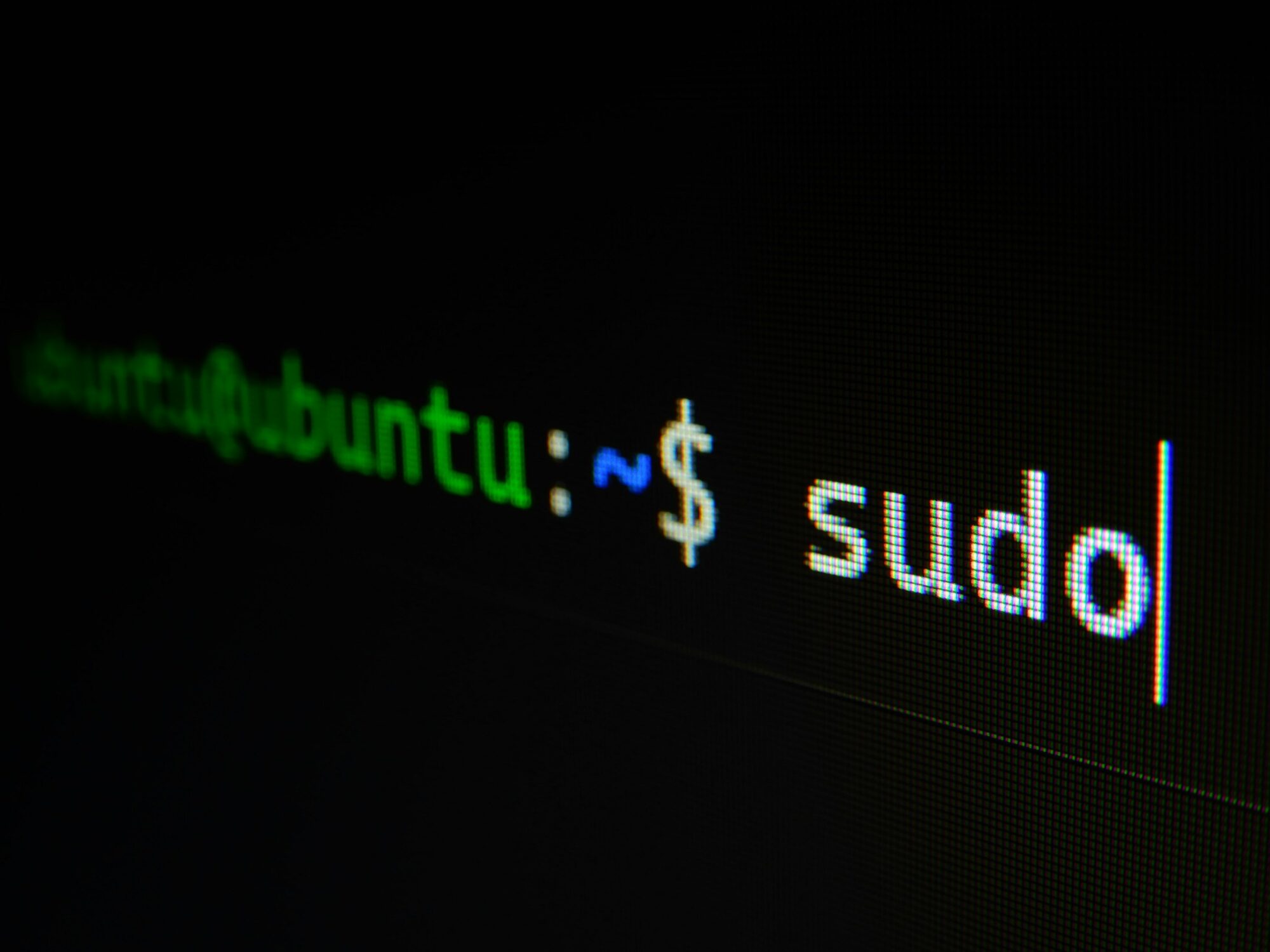Linus Torvalds has introduced the initial Release Candidate (RC) for Linux kernel 6 14, marking the beginning of public screening. This release comes 2 weeks after the debut of the Linux 6 13 bit and the opening of Linux 6 14’s merge home window.
This milestone sets in motion the quick development cadence leading up to the secure release, which is anticipated in roughly two months. Torvalds invites customers and developers to check the RCs and report any kind of problems to make certain a smooth final rollout. But prior to diving right into screening, let’s check out the standout attributes and enhancements in Linux 6 14
Amongst the heading modifications are assistance for amd-pstate recommended core rankings, a brand-new cgroup controller for gadget memory, and a new accelerator chauffeur for AMD’s XDNA Ryzen AI NPUs. The upgrade likewise boosts the AMDGPU chauffeur with DRM panic support, introduces Intel Clearwater Woodland server compatibility, and adds enhanced SELinux authorizations and core power counter sustain for AMD CPUs. Power supply extensions currently allow additional buildings to be designated from different drivers, and support has been included for T-Head vector extensions for RISC-V CPUs.
Additionally, the series notes a turning point in building the kernel using Corrosion.
In the pull demand, Corrosion for Linux lead developer Miguel Ojeda claimed: “This is a major landmark on the course to develop the bit utilizing only secure Corrosion functions. Specifically, previously we were using the unstable attributes ‘coerce_unsized’, ‘dispatch_from_dyn’ and ‘unsize’, and currently we will certainly use the new ‘derive_coerce_pointee’ one, which is on track to stabilization.
“This brand-new function [uses ‘derive(CoercePointee)’ on Rust >= 1.84.0] is a macro that essentially broadens into code that internally uses the unpredictable features that we were making use of before, without having to reveal those.”
Linux 6 14 introduces several hardware-focused enhancements. Highlights consist of KVM hypercall solution support for usermode online device managers on LoongArch CPUs, a brand-new PCI mistake healing status mechanism for IBM System/ 390, and PM suspend/resume assistance for Raspberry Pi gadgets. Dell XPS 9370 laptop computers acquire manual fan control, while SoundWire devices gain from deferred read/write functionality and broader MBQ gain access to sizes.
Broadened compatibility encompasses controllers and interfaces. New motorists enable support for SM 8750 systems, MT 8188 Mali-G 57 MC 3 GPUs in the Panfrost vehicle driver, Loongson SoC EDAC chipsets, and the Intel Touch host controller. Wacom PCI devices, SteelSeries Arctis 9 video gaming headsets, and ASUS TUF GAMING X 670 E ands also motherboards additionally go into the Linux layer with this release.
For power customers, Linux 6 14 debuts features like Intel Xeon “Clearwater Forest” cpu assistance, a cpufreq driver for Airoha SoCs, and filtering system support for NVIDIA NVLINK-C 2 C Coresight PMUs. Gamers will be pleased to locate Nacon Evol-X and Pro Compact Xbox One controllers added, in addition to informal Xbox 360 wireless receiver duplicates.
Networking capabilities receive a boost in Linux 6 14 IPsec currently supports IP-TFS/AggFrag encapsulation for inner-IP gathering and fragmentation. RxRPC sockets make it possible for jumbo information packet transmission, while phylib includes assistance for in-band capabilities settlement. Various other improvements include an unified interface for reporting PHY statistics, netlink notifications for multicast IP address changes, and enhancements for IPv 4 -mapped IPv 6 customers in smc-r v 2
As system stability and reliability stay critical, Linux 6 14 offers a brand-new attribute that reduces transition durations for system put on hold and return to on choose devices– an improvement that must thrill both developers and finish users.
Broad assistance for audio, storage space, and SoCs additionally includes prominently in this launch. ALSA APIs acquire upgrades for MIDI 2.0 compatibility, while notable audio developments consist of assistance for Focusrite Scarlett 4 th Gen user interfaces (16 i 16, 18 i 16, and 18 i 20 and Realtek ALC 5682 I-VE audio chips.
The bit also adds assistance for Blaize BLZP 1600 and SpacemiT K 1 SoCs, huge folios for tmpfs, compress-offload API extensions for ASRC, and restartable series for OpenRISC. NFS gets particular focus with variation 4 2 + gaining attribute delegation and version 4 1 supporting dynamic session slot table resizing. These renovations are rounded out by improved assistance for Snapdragon X CPUs.
Phew! With the launch of the first RC, the Linux area will now go into a rigorous testing stage, with RCs leading up to the stable launch in around 2 months. This timeline gives factors enough possibility to uncover and resolve any type of lingering problems.
(Photo by Gabriel Heinzer)
See also: Sourcegraph automates ‘soul-crushing’ tasks with AI coding agents
Wanting to revamp your electronic transformation strategy? Learn more about Digital Improvement Week occurring in Amsterdam, The Golden State, and London. The extensive occasion is co-located with IoT Technology Exposition, AI & & Big Data Exposition, Cyber Safety & & Cloud Expo, and other leading events.
Explore various other upcoming enterprise modern technology events and webinars powered by TechForge below.
